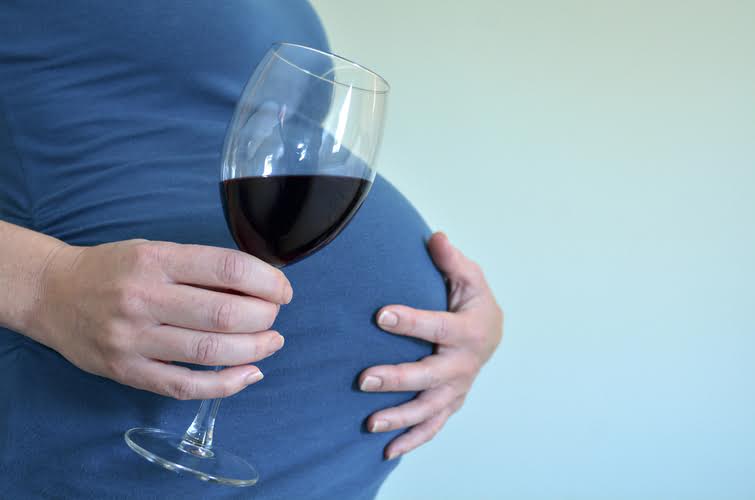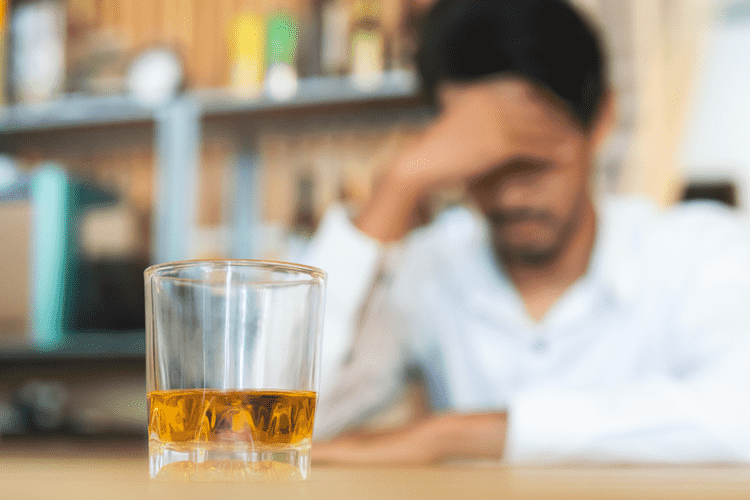Since cravings do not last forever, engaging in conversation about the feelings as they occur with someone who understands their nature can help a person ride out the craving. Attention to sleep and healthy eating is minimal, as is attention to emotions and including fun in one’s life. Self-care helps minimize stress—important because the experience https://ecosoberhouse.com/ of stress often encourages those in recovery to glamorize past substance use and think about it longingly. Recovery is a process of growth and (re)establishing a sustainable life. Experts in addiction recovery believe that relapse is a process that occurs somewhat gradually; it can begin weeks or months before picking up a drink or a drug.

This can be done by setting up and following a structured sleep, exercise, and eating schedule. By doing this, one can retrain the body to sleep better and will also help reduce the risk of relapse. Second, mind-body relaxation helps individuals let go of negative thinking relapse prevention skills such as dwelling on the past or worrying about the future, which are triggers for relapse. The practice of self-care during mind-body relaxation translates into self-care in the rest of life. Part of creating a new life in recovery is finding time to relax.
Causes of Relapse in Late Stage Recovery
Addicts must lie about getting their drug, hiding the drug, denying the consequences, and planning their next relapse. Clinical experience shows that when clients feel they cannot be completely honest, it is a sign of emotional relapse. It is often said that recovering individuals are as sick as their secrets. One of the challenges of therapy is to help clients practice telling the truth and practice admitting when they have misspoken and quickly correcting it. How individuals deal with setbacks plays a major role in recovery.

I like to tell patients that a simple test of complete honesty is that they should feel “uncomfortably honest” when sharing within their recovery circle. This is especially important in self-help groups in which, after a while, individuals sometimes start to go through the motions of participating. In late stage recovery, individuals are subject to special risks of relapse that are not often seen in the early stages. Clinical experience has shown that the following are some of the causes of relapse in the growth stage of recovery. Dealing with post-acute withdrawal is one of the tasks of the abstinence stage [1].
#1 Identify what your triggers are and avoid them.
Study results showed that 40% to 60% of recovering addicts suffer from it at least once, whereas worsening occurs in 50% to 70% of people with health conditions such as hypertension and asthma. Patients treated for substance use disorder often fall back to their old addictive habits, which becomes a source of frustration for them and their families. Many think a lapse means the failure of a patient to recover successfully. It usually begins weeks or months before a person slips for the first time.
- Every country, every town, and almost every cruise ship has a 12-step meeting.
- A way to do this is to figure out what made a person resort to drugs and alcohol in the past.
- A relapse prevention model is a simplistic way of explaining what motivates a person to stay sober and what factors contribute to a slip-up.
- Patients are encouraged to review this list when they need motivation or experience triggers.
- Cognitive restructuring can be used to tackle cognitive errors such as the abstinence violation effect.
